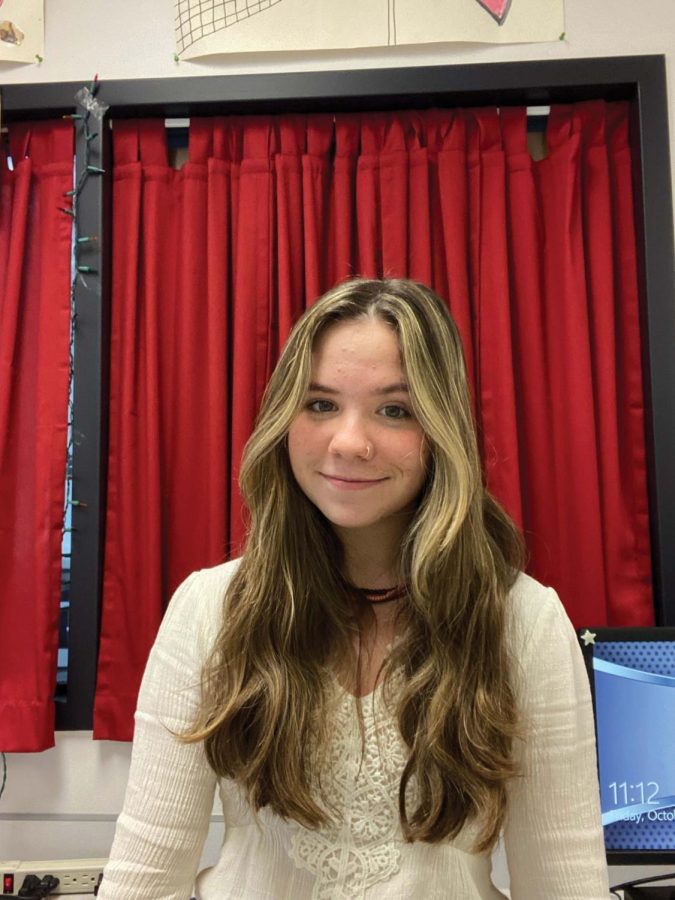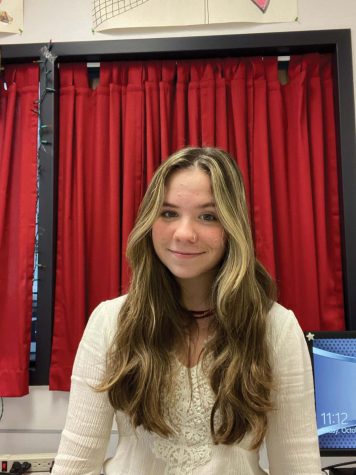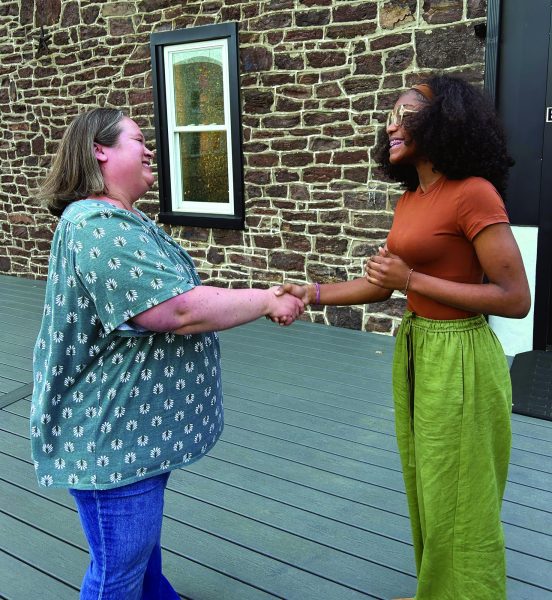Book to movie adaptations rarely do novels justice
There’s a lot of controversy over every book to movie adaptation. They rarely do novels and authors justice.
As the media has developed, there’s been plenty of opportunities to turn our favorite books over to the big screen.
While it can be amazing to see our favorite characters brought to life, it can also do them a great disservice in some instances.
While it can be difficult to include everything from a book into the time span of a movie or TV show adaptation, some productions lack things like entire characters.
To start off with the worst, we see the movie adaptation of Rick Riordan’s best-selling series “Percy Jackson and the Olympians.” While chronologically, the books follow a somewhat realistic and well-paced form, the movie(s) don’t. The first movie was alright in the grand scheme of things, but the progression of the second one is completely different than its literary counterpart. The second Percy Jackson movie, “Percy Jackson and the Sea of Monsters” combines all major concepts from the second novel onto the end of the book series, resulting in an incredibly inaccurate and rushed end to the franchise.
Next on the list of pitiful adaptations is Veronica Roth’s Divergent series. Though an integral part of the series after the first book, the character Uriah was barely utilized in the movies. The movies also follow a strange chronology, which doesn’t match up well with the books. This was actually viewed as so different from the books, that the cast lost interest before a finite end to the story could be produced. The franchise ended before the production of its final film, “Allegiant Part 2”, or “Ascendant.”
Arguably the worst movie adaptation of a book series was Stephanie Meyer’s Twilight. Though an extremely popular book and movie franchise, the difference in the main characters alone causes criticism.
The descriptions of characters from the books to the movies don’t quite match up, and some are left out.
In the movies, fans never got to see or hear the backstory behind Alice Cullen. Jacob Black is described as significantly taller in the books.
While this criticism can come off as overly picky, this just adds to the struggle between how fans imagine the books and how they’re played out in the movies.
Though some book-to-movie switches can do a series a disservice, some create the perfect match to how readers imagine their favorite characters.
The 2014 adaptation to John Green’s “The Fault in Our Stars” is a great example of this. While not every single thing is perfect, all main points of the novel are met, while giving fans an accurate portrayal of their favorite characters.
The charismatic and snarky Augustus Waters is played by Ansel Elgort in the movie, and he does a great job at creating an accurate representation of what the real-life ‘Gus’ would be like.
Another example of an incredible transition from pages to screenplays is J.K Rowling’s “Harry Potter.” Seen as a defining series in many childhoods, this series was beautifully brought to the big screen. It’s not always important that 100% of the content is 100% accurate, but that the story is played out well while following major plot points. The adaptation of Harry Potter into film helped keep the magic of Rowling’s characters alive and well for years to come.






